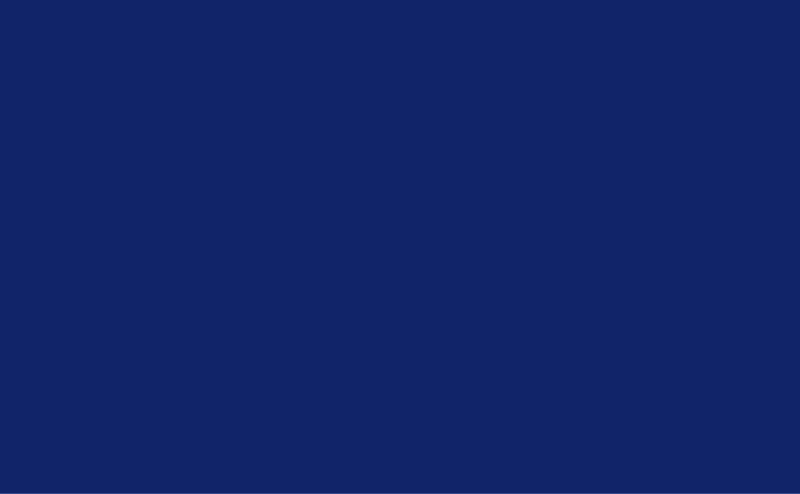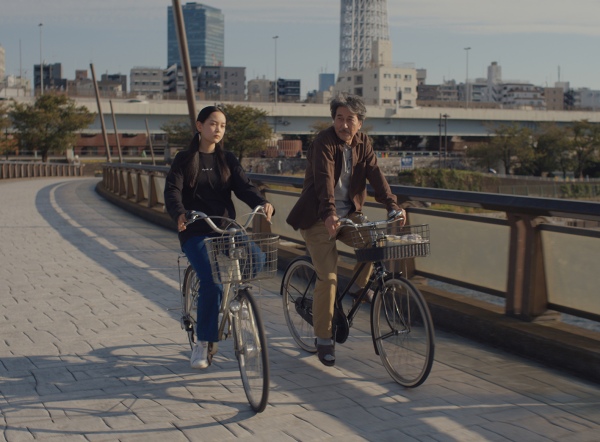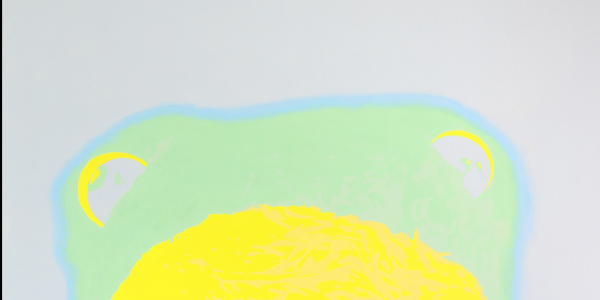2018 in U–jazdowski
-
2018 at the Centre for Contemporary Art Ujazdowski Castle will be a year of many premiere events, but also the continuation of those that the public is already familiar with, such as {City Garden Jazdów}. After working for two years on new episodes with the participation of the public, Alex Cecchetti's novel Tamam Shud will finally see the light of day. New screenings await viewers at the U-jazdowski cinema. There will also be a new series of discussions, publications, and four more issues of the "Obieg" online quarterly. The education program is evolving and growing, offering a broader range of diverse events.
- In the coming year, the program of the Centre for Contemporary Art Ujazdowski Castle will develop in four thematic areas. In the first of these, we will follow the processes of giving or shaping the subjectivity reflected in artistic activities. This theme will be incorporated in the premiere exhibition of 2018, Asaff Gruber’s Rumour. In the films of this Israeli artist who lives in Berlin, the fate of people is complicated by events that they themselves have no influence over. The heroes of his story, marked by history, fight to give meaning to their lives. The exhibition at U-jazdowski will comprise film images, sculptures, photographs, and objects.
- The {Curating Institution} series, launched in 2017, consists of discussions and lectures by curators as well as directors of important contemporary art institutions from around the world. Pondered over will be the strategies and theoretical thought that institutions reach towards in aspirations of obtaining a critical stance. Meetings are planned for the duration of 2018.
- An individual exhibition by Jakub Julian Ziółkowski entitled Ian Moon opens on 11 May.
- May will commence the next edition of {City Garden Jazdów}. This time, the main theme will be ecology or ecohumanism. The project strives to increase awareness of climate change and caring for natural resources. Through artistic activities in the park around Ujazdowski Castle, {City Garden Jazdów} will attempt to shape ethical attitudes towards the environment. The Botanic Garden of the University of Warsaw will accompany the project as its partner.
- In the area of film, the issue of giving subjectivity will be undertaken in the review Posthuman cinema. How experimental films are teaching (themselves) the representation of animals.
- The series of artistic residences planned for 2018, as well as discussions, workshops, and seminars under the title of Organizing the Community: Common Fix will be devoted to the study of collectivity in contemporary artistic and curatorial practices. During the Re-Directing: East curatorial seminar, the authors of the most interesting grass-roots initiatives and organizers of artistic activities from around the world will meet in Warsaw. The subject of this year's workshop will be Hospitality.
- In 2018, the Centre for Contemporary Art Ujazdowski Castle will continue to experiment with the various ways of presenting art. The first such project will be the choreographic exhibition of Ula Sickle Free Gestures. Its point of departure is the question of how ideologies influence our bodies and language. Sickle, a Canadian artist of Polish origin, creates films, installations and performances in which she examines pop culture as a global phenomenon. The show will have a performative character, combining an exhibition with live activities. The opening is scheduled for March 2nd.
- One of the two large collective exhibitions of 2018, entitled Other Dances, will open in April. It is an attempt to describe a turn in practices at the interface of visual arts, theatre, performance and choreography in Poland, which took place over the last two decades, and to show the new wave of artists for whom the point of reference are no longer Tadeusz Kantor, the paratheatrical activities of Jerzy Grotowski, or classic performance art. They draw equally from the experience of American neo-avant-garde as well as alternative music, the theory of performativity, post-drama theatre or post-modern dance. In this way, they create a new, original chapter in the Polish history of contemporary art.
- In April, the long-awaited finale of the artistic project of the curatorial collective The Book Lovers, Joanna Zielińska and David Maroto, will take place. It will be published in English as Alex Cecchetti's novel Tamam Shud. It took the artist almost two years to write the book, mainly while at U –jazdowski, where his exhibition as well as a series of performances were held. Returning in September of 2018—PTV. Performans TV, an already known to the public experimental performative program in the form of a television studio, exploring the impact of this medium and its language on current artistic practices.
- A solo exhibition of Tori Wrånes will open in the beginning of the summer. It will be an individual show of one of the most intriguing vocalists and visual artists working in Norway. In her performances, she uses the extraordinary potential of her voice and the acoustic properties of the space in which she works. By performing, she examines the physical capabilities of her own body—singing with her head hung down, gliding on a rope, while moving towards and away from the microphone. The exhibition will display objects as well as video and sound installations, which shall complement the live performances.
- Prepared for June is the project of Cezary Tomaszewski, one of the most compelling directors, choreographers and performers, who will attempt the work of Stanisław Moniuszko—Paria. In this opera, Moniuszko abandons the national style; the influence of Indian music is clearly heard here. Tomaszewski reaches for a piece from the classical repertoire just to completely rework it. He searches for inspiration in the visual arts and popular culture.
- As in 2017, educational activities will be carried out regularly in 2018. Among the planned workshops, both those occurring once as well as in a series, there will be no shortages of {Smykowizje}, {Art from the Perspective of...} or the Ujazdów Neighborhood Choir. At the turn of spring and summer, a book and digital publication of Spacerownik which is a guide around non-obvious objects of art, is planned. Performative guided tours around exhibitions—an innovative method of working with the public, introduced in 2017—will be developed and refined. The performative motif also appears in Vanishing Points, the leading residency program in 2016-2018.
- The thematic block of Diagnoses of Contemporaneity in 2018 will commence in February in the cinema at U–jazdowski with the project {Research-led filmmaking}. Its main aim will be to look at the visual ways of learning about the world, but also at institutional determinants serving the development of such areas of knowledge and creativity as visual anthropology or the video essay on film theory.
- U–jazdowski’s discursive program will also kickoff in February. During the first series of meetings, under the slogan Wymyślić przyszłość the issues of examining and searching for alternative solutions in the face of economic, social and climatic crises will be undertaken. The 2018 summer will be the summer of Virtual Cinema. It is a project that will transform the reception space of film and change the viewer's experience from that of a collective one to one that is extremely individualized, evoked by VR (Virtual Reality) films. The central theme will be body and space. The project will also encompass research within its frames, the effect of which is the creation of a virtual cinema in the spaces of U–jazdowski in 2019.
- In autumn, a Polish-Lithuanian exhibition will be held as part of the POLAND 100 program. A hundred years of Poland’s as well as Lithuania’s independence grants us the opportunity to reflect on the cultural situations of these countries in the processes of globalization. As a result, the Contemporary Art Centre in Vilnius and the Centre for Contemporary Art Ujazdowski Castle in Warsaw have decided to mutually organize a project in which contemporary art will be treated as a tool for reflection on the social condition, economic challenges, and development perspectives for local cultures using Poland and Lithuania as examples. The exhibition will be accompanied by a discursive and performative program.



